Germany floods: what led to this ‘once-in-a-century’ disaster?
Nearly 200 people died in Germany and Belgium; hundreds are still unaccounted for
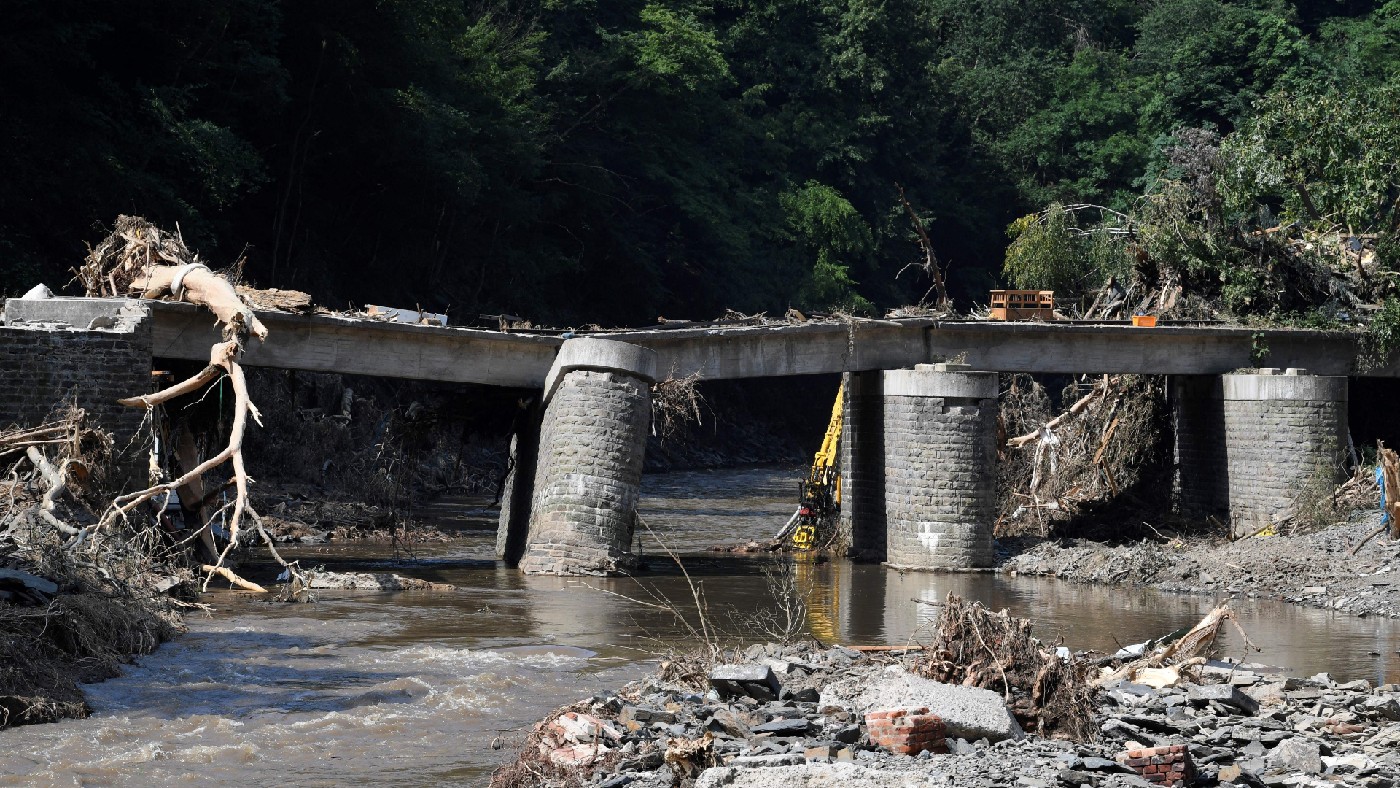
A free daily email with the biggest news stories of the day – and the best features from TheWeek.com
You are now subscribed
Your newsletter sign-up was successful
Early last week, a low-pressure system began forming over the area where Germany meets Belgium, Luxembourg and the Netherlands, said The Economist. Puffed up by heat –in the Netherlands, it had been the hottest June since 1901– it sucked in moisture from all across central Europe. “Then it sat there for days, disgorging colossal quantities of rain.”
Some regions got over 90mm of precipitation last Tuesday – much more than the average amount for a month – and a further 70mm or more the next day. “Soon entire towns were under water.”
Across Germany’s northwestern states, houses, bridges and cars were swept away. Villages were destroyed. The press called it a Jahrhundertflut, a once-in-a-century flood: the worst in postwar history. Nearly 200 people died in Germany and Belgium; hundreds are still unaccounted for. Even the Netherlands, with its famous system of dykes and canals, suffered heavy damage. On a visit to Rhineland-Palatinate state, Chancellor Angela Merkel said: “The German language has no words, I think, for the devastation.”
The Week
Escape your echo chamber. Get the facts behind the news, plus analysis from multiple perspectives.

Sign up for The Week's Free Newsletters
From our morning news briefing to a weekly Good News Newsletter, get the best of The Week delivered directly to your inbox.
From our morning news briefing to a weekly Good News Newsletter, get the best of The Week delivered directly to your inbox.
German politicians were quick to blame the flooding on global warming. While experts say that climate change is never the direct cause of a flood, “it affects the likelihood and frequency of them occurring, and their intensity”, said Tom Parfitt in The Times.
“More and more cases of extreme weather” are predicted as the global temperature rises. Looking around the world – at the floods in Germany, the heatwaves in the US, the wildfires tearing through Siberia’s forests – it is hard not to conclude that we are at the start of a climate emergency.
New “rapid attribution studies” allow the role of climate change in such events to be quickly assessed. One such study found that last month’s fatal heatwave in the Pacific Northwest of the US and Canada would have been “virtually impossible without human-caused climate change”.
This is an election year in Germany, and the campaign is likely to be shaped by the worst natural disaster in its recent history, said Der Spiegel. Harsh though it may sound, the floods probably “play to the Greens’ advantage”: they are already second in the polls, despite a difficult campaign.
A free daily email with the biggest news stories of the day – and the best features from TheWeek.com
The floods also pose problems for Armin Laschet, the candidate for Merkel’s CDU. As governor of the badly-affected North Rhine-Westphalia state, he is in the firing line. He was criticised for seeming to laugh during a visit; he also brushed off questions about his climate policies, saying: “You don’t change your policies just because of a day like this.” Those words may come back to haunt him. “In such moments of need, people often take a closer look at the people in power than they normally would.”
-
 Bonfire of the Murdochs: an ‘utterly gripping’ book
Bonfire of the Murdochs: an ‘utterly gripping’ bookThe Week Recommends Gabriel Sherman examines Rupert Murdoch’s ‘war of succession’ over his media empire
-
 Gwen John: Strange Beauties – a ‘superb’ retrospective
Gwen John: Strange Beauties – a ‘superb’ retrospectiveThe Week Recommends ‘Daunting’ show at the National Museum Cardiff plunges viewers into the Welsh artist’s ‘spiritual, austere existence’
-
 Should the EU and UK join Trump’s board of peace?
Should the EU and UK join Trump’s board of peace?Today's Big Question After rushing to praise the initiative European leaders are now alarmed
-
 Why broken water companies are failing England and Wales
Why broken water companies are failing England and WalesThe Explainer With rising bills, deteriorating river health and a lack of investment, regulators face an uphill battle to stabilise the industry
-
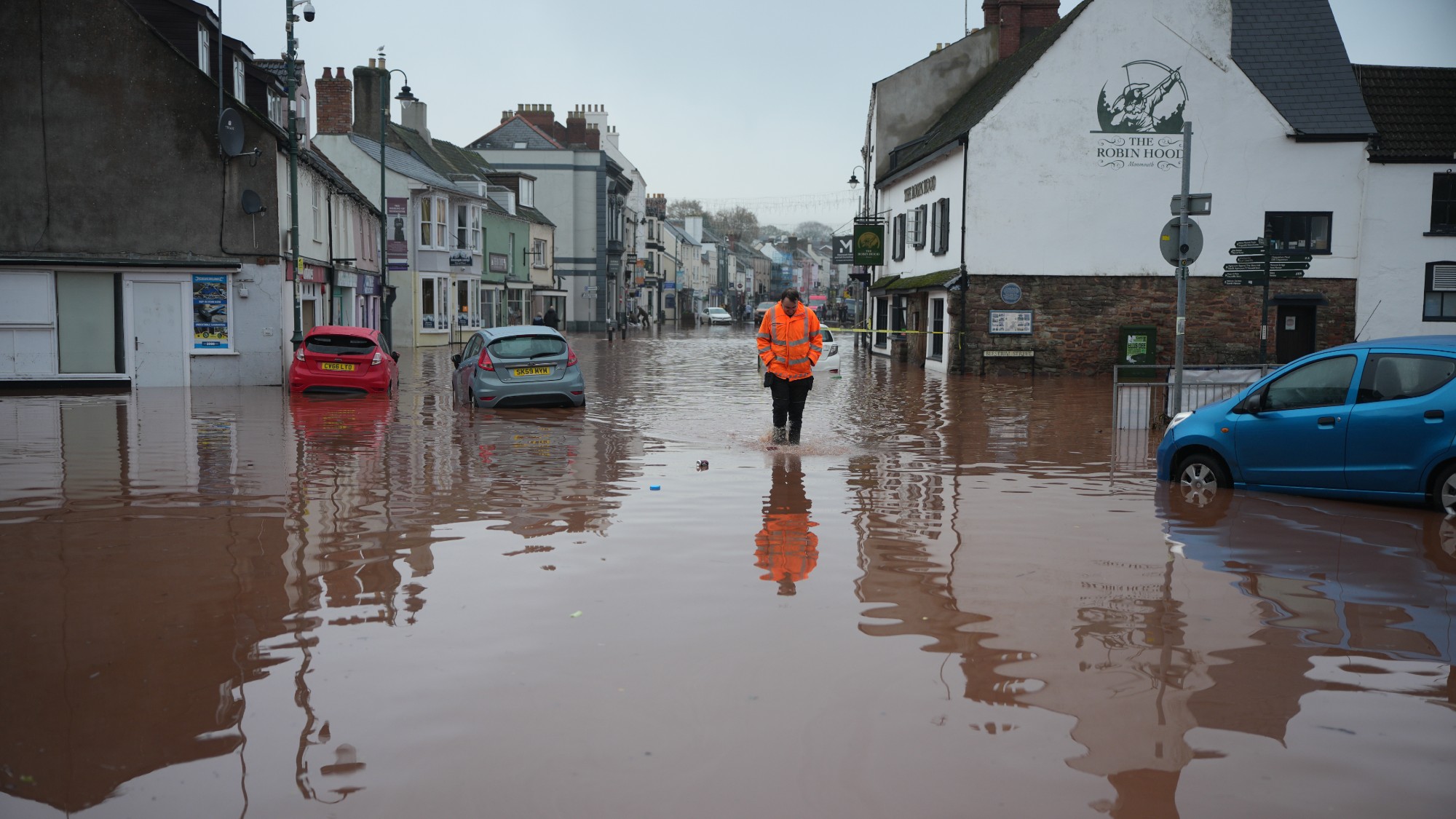 How will climate change affect the UK?
How will climate change affect the UK?The Explainer Met Office projections show the UK getting substantially warmer and wetter – with more extreme weather events
-
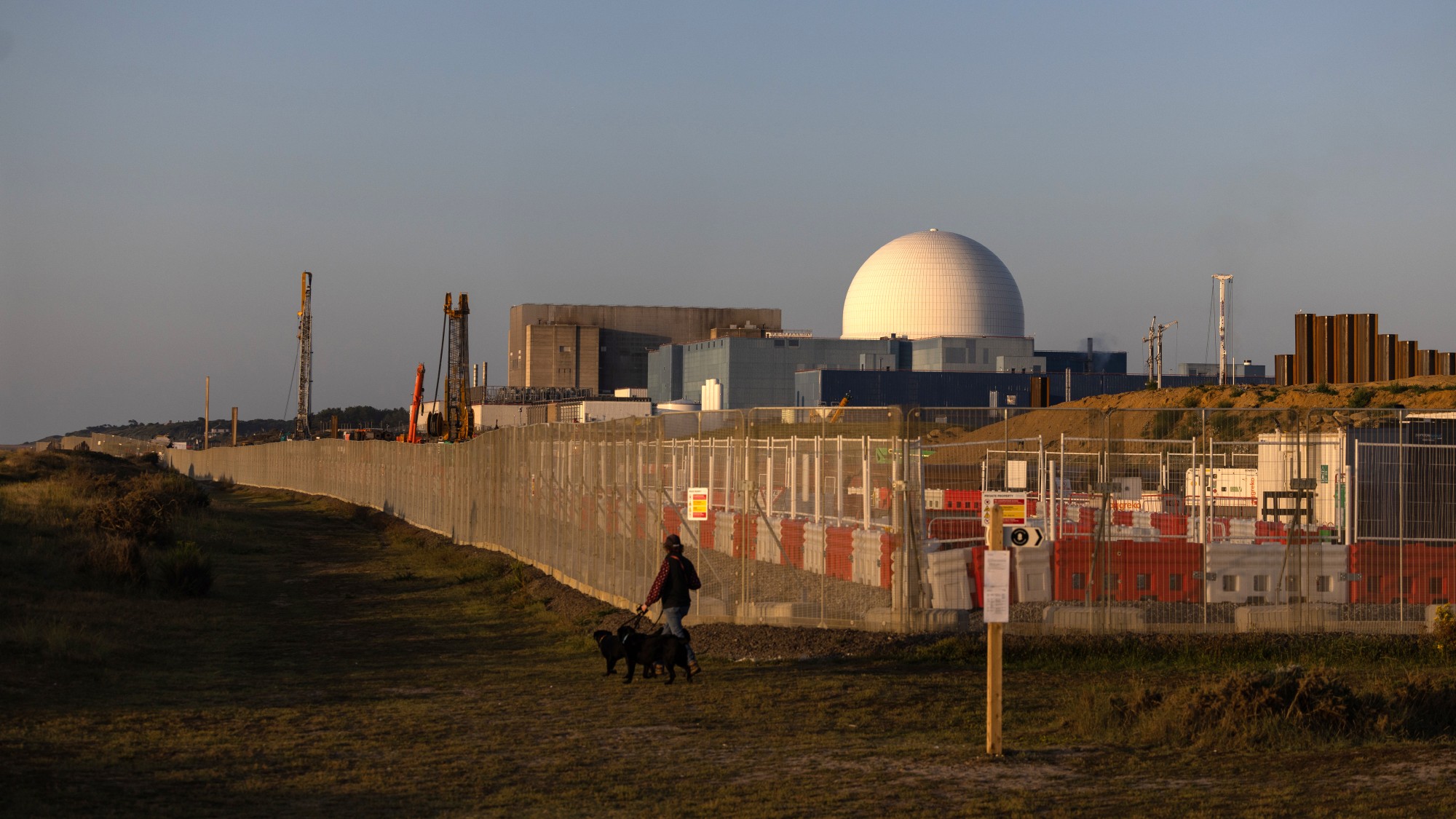 Are we entering a ‘golden age’ of nuclear power?
Are we entering a ‘golden age’ of nuclear power?The Explainer The government is promising to ‘fire up nuclear power’. Why, and how?
-
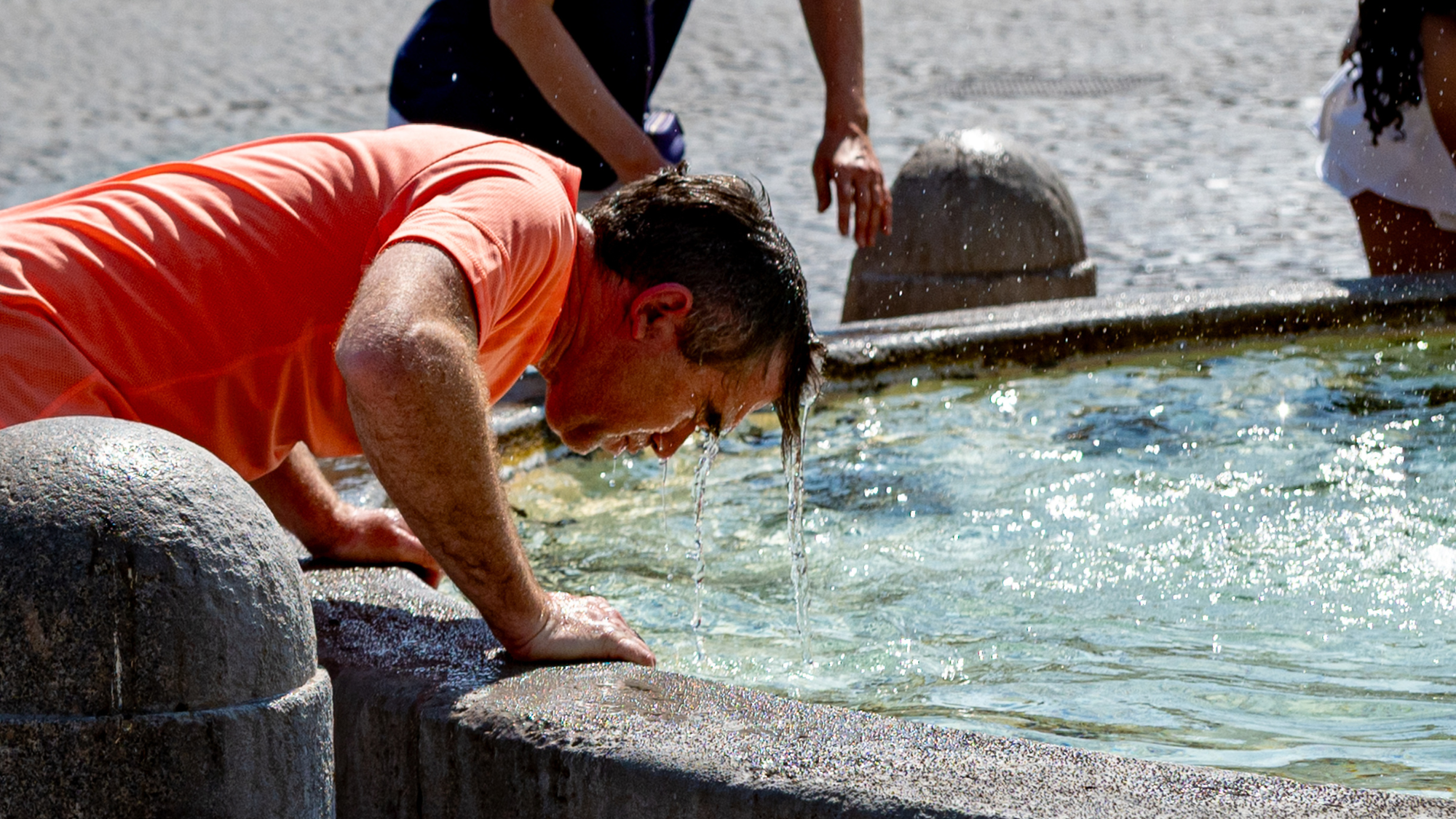 Europe's heatwave: the new front line of climate change
Europe's heatwave: the new front line of climate changeIn the Spotlight How will the continent adapt to 'bearing the brunt of climate change'?
-
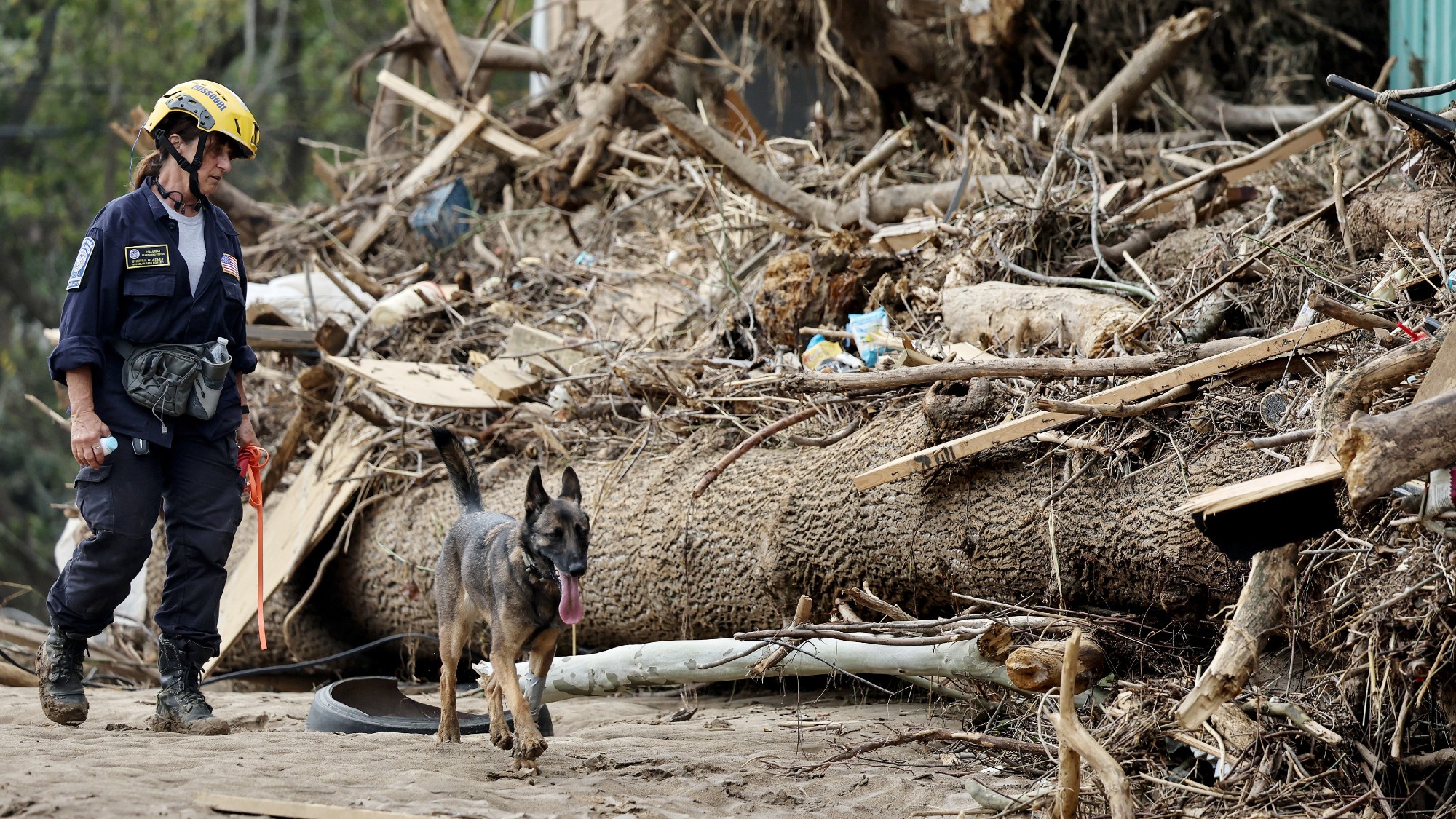 Storm warning: Will a shrunken FEMA and NOAA be able to respond?
Storm warning: Will a shrunken FEMA and NOAA be able to respond?Feature The U.S. is headed for an intense hurricane season. Will a shrunken FEMA and NOAA be able to respond?
-
 Seven wild discoveries about animals in 2025
Seven wild discoveries about animals in 2025In depth Mice have Good Samaritan tendencies and gulls work in gangs
-
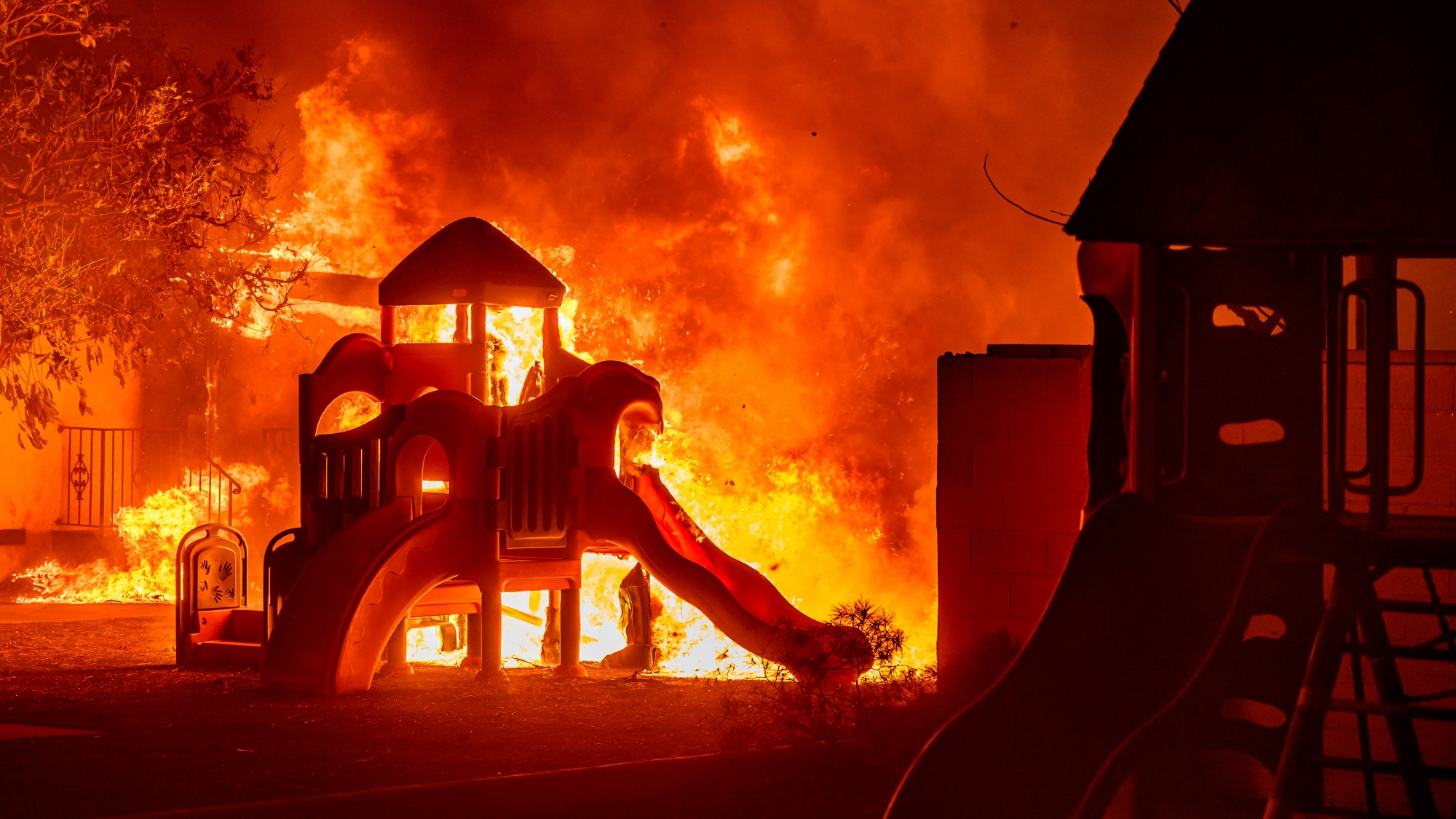 Should Los Angeles rebuild its fire-prone neighbourhoods?
Should Los Angeles rebuild its fire-prone neighbourhoods?Talking Point The latest devastating wildfires must be a wake-up call for Los Angels to 'move away from fire-prone suburban sprawl'
-
 England's great parakeet invasion
England's great parakeet invasionThe Explainer How did a parrot from the Himalayas become a common sight in southeast England?